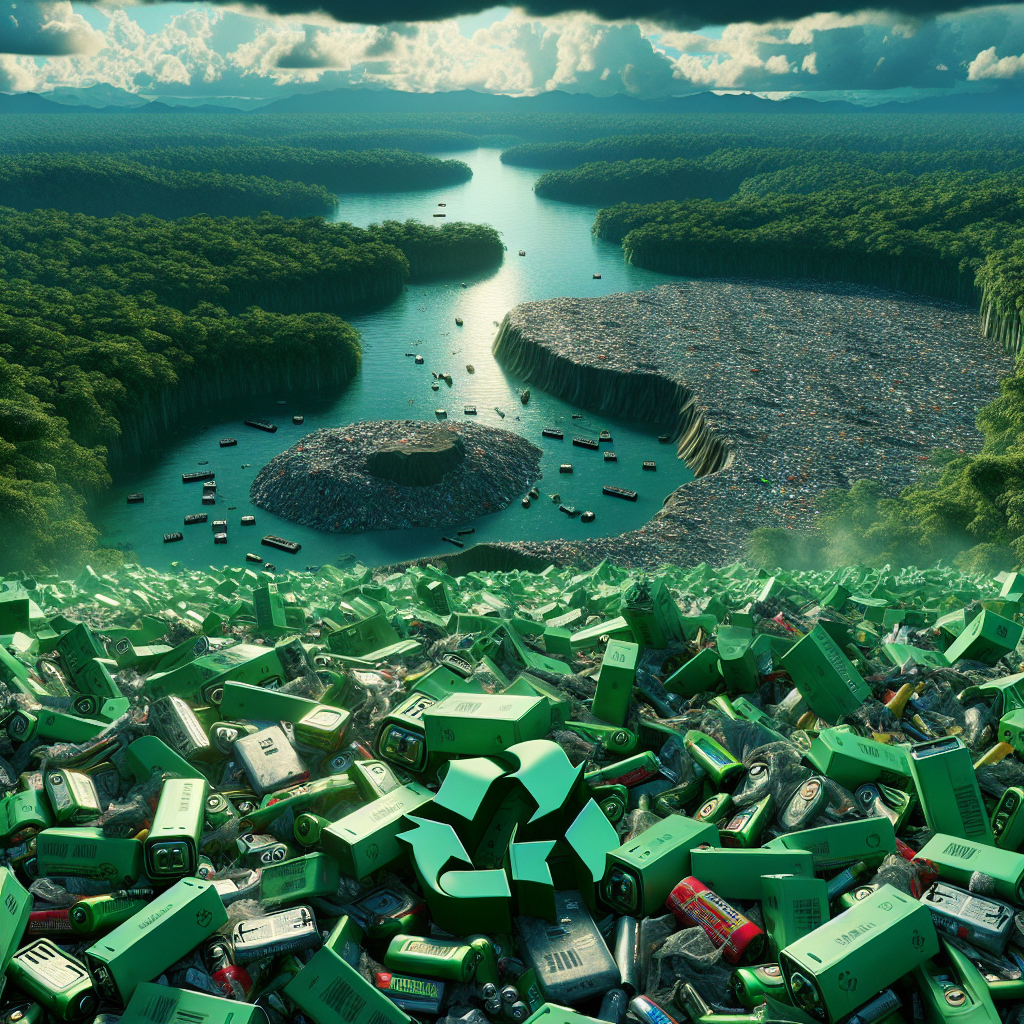Blog Ecobraz Eigre

Why most lithium batteries don't enter the recycling chain in Brazil
Contextualization of Lithium Battery Recycling in Brazil
Lithium battery recycling faces significant challenges in Brazil, affecting environmental sustainability and resource utilization. Despite the growing demand for electronic devices and electric vehicles, most of these batteries do not enter the formal recycling chain, generating significant environmental and economic impacts.
Regulatory and Legal Aspects
The National Solid Waste Policy (PNRS) instituted by Law No. 12.305/2010, regulated by Decree No. 7.404/2010, establishes shared responsibility for the life cycle of products, including batteries. Through the National Solid Waste Management Information System (SINIR), it is possible to monitor the proper disposal of waste, but the infrastructure for lithium batteries is still insufficient.
Technical and Logistical Difficulties in Collection and Recycling
One of the main obstacles is the lack of efficient and specialized collection. Improper handling of used batteries can lead to fire hazards and contamination by heavy metals. In addition, there are few technology centers qualified for safe processing, which makes it difficult to form a structured recycling chain.
Additionally, the low level of awareness and the lack of accessible points for collection of electronic waste hampers the return of these materials for recycling.
Costs and Economic Viability
The high cost of the recycling process, coupled with the low volume of material formally collected, reduces the economic attractiveness of developing local technologies. The import of used batteries for recycling is restricted, which limits the scale of operation and the financial return of the chain.
Environmental Impacts Associated with Irregular Disposal
The improper disposal of lithium batteries can release toxic substances into the soil and water, causing severe environmental damage. On the other hand, proper recycling allows for the recovery of strategic metals, reducing mineral extraction and the carbon footprint.
Safety in the Treatment and Disposal of Data in Batteries Integrated into Equipment
In devices that have data storage, such as notebooks and other electronics with integrated batteries, safe sanitization is essential to guarantee the protection of information before recycling or disposal. To this end, specialized protocols and the use of certified services are recommended, in accordance with the procedures indicated for the safe disposal of media.
Final Considerations
The expansion of the lithium battery recycling chain in Brazil depends on regulatory advances, investment in infrastructure, user awareness and the improvement of technical and economic processes. Compliance with the standards established by the PNRS, combined with the strengthening of specialized collection systems and awareness-raising, is key to inserting the majority of lithium batteries into the formal and sustainable recycling chain.
Official sources consulted include the SINIR, the Casa Civil da Presidência da República, and the CETESB, which provide guidelines and statistics relevant to the topic.

Deixe um comentário
O seu endereço de e-mail não será publicado. Campos obrigatórios são marcados com *